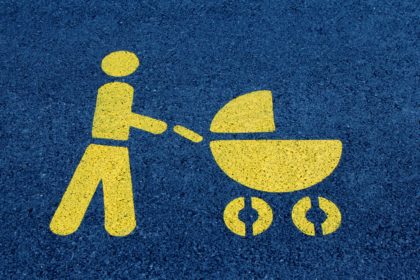
In a joint endeavor between the Center for Transnational Migration and Social Inclusion (CTMS) of Seoul National University’s and the Care Work and the Economy Project, the first gender-aware Social Accounting Matrix (SAM) of South Korea was constructed for the estimation of a new macroeconomic model called GEM-Care (or General Equilibrium Model for Care Analysis). This macroeconomic model, built by Martin Cicowiez and Hans Lofgren, incorporates features that reflect the sources of gender bias in the Korean economy – a gender wage gap, lower labor force participation of women relative to men, and family caregiving that falls heavily on women (Cicowiez and Lofgren 2021).
The findings from the model warn that focusing on the growth of economic production, as measured by GDP, at the expense of the unpaid care work within the family (not included in GDP), can lead to a misleading assessment of the economy’s total productivity and social well-being.
In other words, the gain in GDP-related production that comes mainly from a reallocation of labor away from non-GDP production is ultimately costly for Korea. Simulations in Cicowiez and Lofgren (2021) reveal that policies that alleviate the care burden within families will improve the well-being in the population by freeing up women’s time for employment that matches their education, thus raising women’s wages relative to men’s, and by encouraging a more equitable division of care responsibilities within the family.
As with many other developed countries, Korea faces multiple challenges related to care and gender: meeting the care needs of its rapidly growing elderly population, paving the way for stronger participation of the country’s highly educated female population in the labor force and eliminating gender wage discrimination.
Unless there is more government support for child and elderly care, increased labor supply, especially by women, can come only from an even lower fertility rate and reduced care time for children and the elderly population.
This blog was authored by Shirin Arslan, program manager for the Care Work and the Economy Project.
